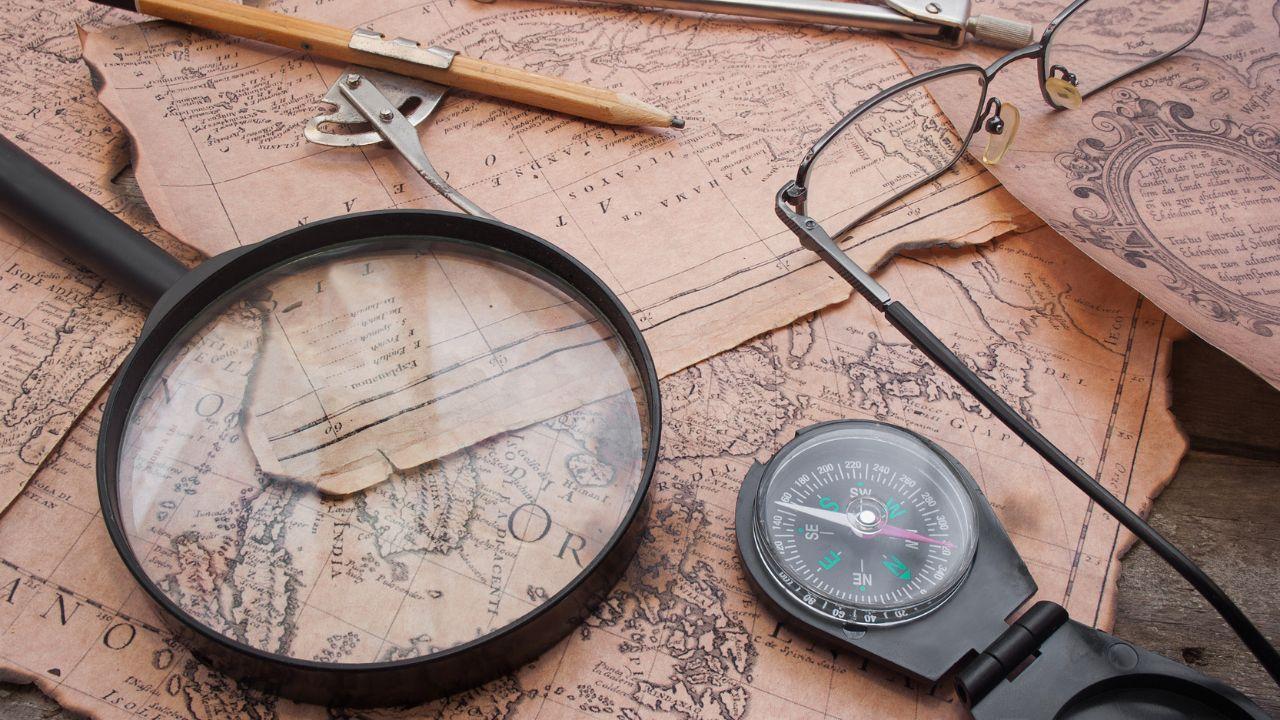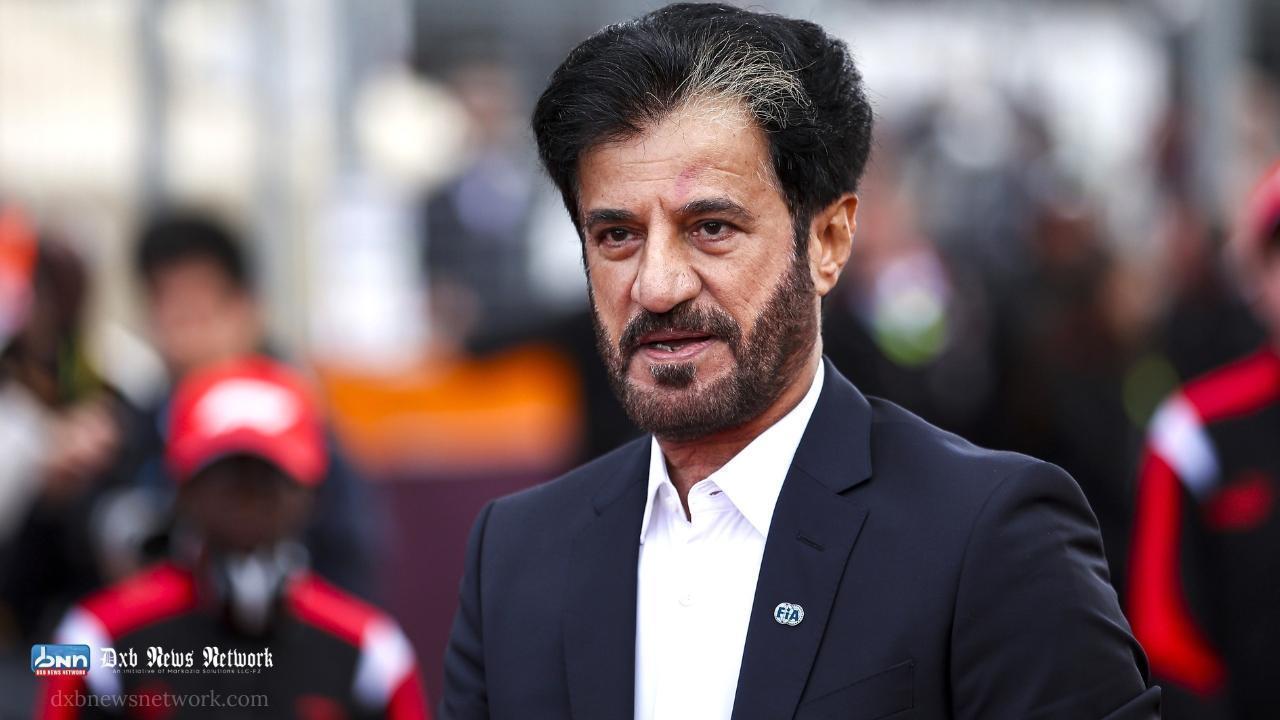
Post by: Vansh Kumar
History is often thought of as a series of grand events and monumental shifts—battles, revolutions, and landmark moments that changed the world. But sometimes, it’s the smallest decisions, the ones we might easily overlook, that have the most profound and lasting effects. These seemingly insignificant choices can spark revolutions, shape nations, and alter the course of history in ways we could never have predicted. In this article, we’ll explore how How Small Decisions in History Had a Big Impact and the surprising ripple effects of seemingly minor moments.
One of history’s most famous and consequential decisions came from a simple letter. In 1863, President Abraham Lincoln penned the Emancipation Proclamation, a document that would eventually abolish slavery in the United States. While this letter was not the only decision that led to the end of slavery, its timing and content made it a game-changer. At a time when the nation was divided, Lincoln’s choice to issue this proclamation shifted the moral and political landscape of the Civil War and led to the eventual liberation of millions of African Americans.
It’s fascinating to think about how a single decision—writing that letter—set in motion an irreversible chain of events. The Emancipation Proclamation paved the way for the 13th Amendment, which formally abolished slavery. Lincoln’s simple choice became a turning point in American history, one that continues to shape conversations about race and equality today.
Sometimes the smallest decisions can ignite conflict on a global scale. In June 1914, Archduke Franz Ferdinand of Austria was assassinated by a Serbian nationalist, a tragic event that’s often cited as the spark that ignited World War I. However, the assassination itself was the result of a complex series of events and decisions, most of which were beyond the control of the assassin.
What’s striking about this situation is how a single act—Franz Ferdinand's decision to take an unexpected route through Sarajevo—ended up altering the course of history. Had he followed his original path, the assassination might never have occurred. As a result of this seemingly small decision, alliances were activated, countries were pulled into conflict, and the world plunged into a war that would claim millions of lives.
The use of atomic bombs on Hiroshima and Nagasaki in 1945 remains one of the most controversial decisions in military history. The choice to drop the bomb was made by President Harry Truman, and it led to the end of World War II in the Pacific. But this decision came with a heavy moral and ethical cost, as the bomb killed hundreds of thousands of civilians and reshaped global politics for decades.
Though the decision to drop the bombs may have seemed like a strategic military choice at the time, its long-lasting impact cannot be understated. It ushered in the Cold War, led to the nuclear arms race, and forever altered how nations approach warfare and diplomacy. A single decision, made in the heat of a global conflict, changed the dynamics of international relations for the remainder of the 20th century.
The Civil Rights Movement in the United States is often associated with high-profile moments like Martin Luther King Jr.'s “I Have a Dream” speech or the passing of the Civil Rights Act. However, one of the most important moments in the movement’s history came from a small decision made by Rosa Parks in 1955. On that fateful day, Parks chose to remain seated in the “whites-only” section of a segregated bus in Montgomery, Alabama, when asked to give up her seat.
Her act of defiance, though seemingly simple, became a catalyst for the broader Civil Rights Movement. Parks’ refusal to move sparked protests, boycotts, and a wave of activism that ultimately led to the dismantling of institutionalized racism in America. Had Parks chosen to comply with the bus driver’s request, history might have unfolded differently. That small decision—simply sitting down—led to a powerful movement that reshaped the nation's laws and social attitudes.
The internet has become so integrated into our daily lives that it’s hard to imagine a world without it. But the decision to create a network that could connect people across vast distances was, at the time, a radical one. In 1969, a small group of researchers at ARPANET made the decision to develop a way to share data between computers, marking the birth of the modern internet.
What began as a small experiment designed to improve communication between researchers quickly expanded into something far greater. The decision to share data across networks would lead to the development of email, websites, and eventually the entire World Wide Web. It’s hard to grasp just how much this decision has influenced modern life. The internet has changed the way we work, shop, socialize, and consume information, impacting nearly every aspect of society.
Another profound decision in history came when countries decided to grant women the right to vote. The decision to extend suffrage to women was made by a few countries starting with New Zealand in 1893, but it took decades for other nations to follow suit. In the U.S., the decision came in 1920 with the passing of the 19th Amendment, which granted women the right to vote.
This small decision had a ripple effect that reverberated throughout the world. Women’s voices were now heard in the political process, and their participation helped drive change in laws surrounding education, labor, and family rights. The decision to allow women to vote paved the way for women’s equality, and we continue to see the impact of that decision today in political participation and gender equality efforts.
Summary: The article explores how small decisions in history have had profound and lasting impacts on the world. From Abraham Lincoln’s Emancipation Proclamation to Rosa Parks' simple act of defiance, each choice, seemingly minor at the time, triggered monumental changes. The assassination of Archduke Franz Ferdinand, the dropping of atomic bombs, and the creation of the internet are all examples of how one decision can alter the course of history. These events show that even the smallest moments can ripple through time, shaping nations, societies, and global relations in unexpected ways.
Disclaimer: This article is provided by DXB News Network for general informational purposes. While efforts have been made to ensure accuracy, the content should not be interpreted as definitive historical analysis. DXB News Network is not responsible for the accuracy or interpretation of the information shared in this article, and readers are encouraged to consult additional sources for a comprehensive understanding of the events discussed.
#trending #latest #SmallChoices #HistoryImpact #RippleEffect #WorldShaping #BigConsequences #HistoryMatters #GameChangingDecisions #HistoryUnfolded #ShapingTheWorld #PowerOfChoices #breakingnews #worldnews #headlines #topstories #globalUpdate #dxbnewsnetwork #dxbnews #dxbdnn #dxbnewsnetworkdnn #bestnewschanneldubai #bestnewschannelUAE #bestnewschannelabudhabi #bestnewschannelajman #bestnewschannelofdubai #popularnewschanneldubai

Sheikh Zayed Grand Mosque welcomed 1.89M during Ramadan & Eid with prayers, tours, meals & cultural events. A peaceful, spiritual destination....Read More.

Discover how AI can spark new ideas and drive business innovation...Read More.














Rizwan Says English Isn’t a Must, Only Cricket Matters
Mohammad Rizwan proudly says he’s not ashamed of poor English. For him, playing cricket for Pakistan

Nightclub Roof Collapse in DR: Death Toll Hits 226
226 dead in Dominican nightclub collapse; nation mourns as families seek answers

Middle East’s Growing Influence in Formula 1 Recognized by FIA President Mohammed Ben Sulayem
Middle East’s Growing Influence in Formula 1 Recognized by FIA President Mohammed Ben Sulayem

'The Herds' starts journey from Africa to the Arctic Circle
‘The Herds,’ a cardboard animal show, starts in Congo to show how climate change pushes nature away.

Millie Bobby Brown explores Dubai in new campaign
Millie Bobby Brown stars in a fun Dubai film with Jake Bongiovi, sharing her journey through city st